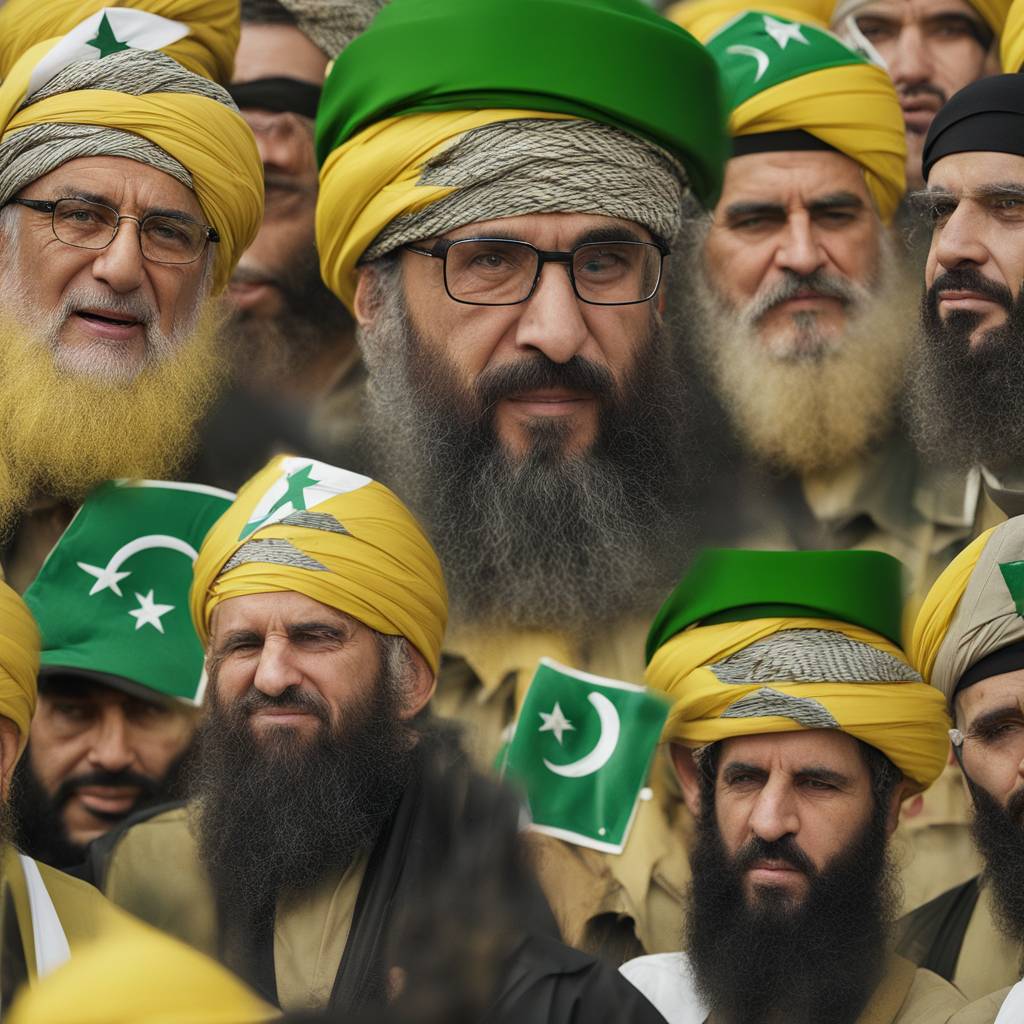Hezbollah’s leader Hassan Nasrallah declared on Friday that Israel would soon face defeat due to pressure from the U.S. to end its campaign and promised an “inevitable” response to an attack on an Iranian consulate. Nasrallah’s speech on Iran’s Quds Day focused on the U.S.’s desire for talks with Iran and Iran’s refusal to compromise on regional issues. He criticized those seeking to normalize ties with Israel and boasted about Israel’s supposed defeat. Nasrallah also praised Iran’s role in the conflict with Hamas, emphasizing Iran’s sacrifices and vowing a response to the consulate attack.
The speech highlighted Iran’s strategic partnership with Hezbollah and other allies in the face of perceived threats from Israel and the U.S. Nasrallah dismissed Israeli Prime Minister Benjamin Netanyahu’s capabilities and blamed Israeli actions in Gaza on failure and lack of options. He also celebrated Iran’s support for Hamas in the conflict, which Tehran had denied in the past but now openly acknowledges. The speech concluded with a defiant tone, with Nasrallah asserting that Hezbollah is prepared for any war and promising an inevitable response to the consulate attack.
Experts have raised concerns about the implications of the U.S.’s shifting rhetoric and actions in relation to Israel and the broader Middle East region. Lisa Daftari, a Middle East expert, emphasized the importance of the U.S.-Israel relationship in addressing security threats from extremist groups like Hamas and Hezbollah. She warned about the potential consequences of perceived U.S. abandonment of Israel and stressed the need for continued strategic cooperation. Daftari criticized President Biden’s apparent displeasure with Israel’s approach and warned that such messaging could embolden America’s adversaries.
Reports have emerged showcasing President Biden’s growing frustration with Israel’s actions, with some suggesting he is responding to pressure from the progressive wing of the Democratic Party. Biden’s private opposition to certain Israeli actions has sparked criticism from observers who accuse him of weakness and failure to leverage U.S. influence effectively. The president’s rhetoric on the conflict has evolved over time, reflecting shifting political dynamics within his administration and the broader Democratic Party. Israel has refrained from commenting on recent strikes in Syria, leaving room for speculation about potential responses and continued tensions in the region.
The ongoing conflict between Israel and Iran-backed proxies like Hezbollah raises concerns about the broader geopolitical implications and regional stability. Questions about U.S. support for Israel, Iran’s role in the conflict, and the potential for further escalation loom large. As Hezbollah and other actors assert their preparedness for conflict and vow responses to perceived provocations, the situation remains tense and unpredictable. The interplay between diplomatic efforts, military actions, and domestic political considerations will shape the outcome of the crisis and determine the future direction of U.S. engagement in the Middle East.


